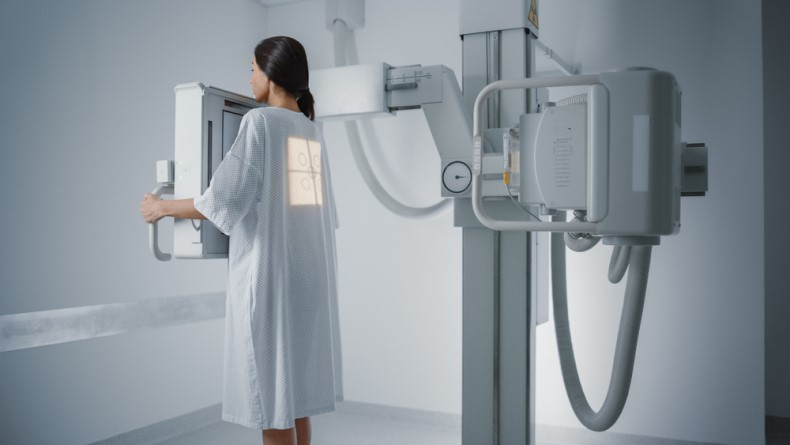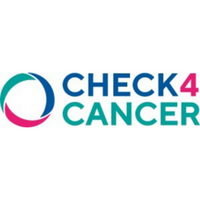Why early cancer detection for workers make business sense
Each year, 375,000 new cancers are diagnosed in the UK and The Health Foundation has predicted this number will to rise to more than 500,000 cases by 2040. It blames an increasing and ageing population as well as the increased cancer risks associated with a Western lifestyle and diet.
Furthermore, according to OECD data, the UK has one of the worst survival rates in developed countries and the worst in the G7. This poor survival rate has been attributed by Cancer Research UK (CRUK) to a failure to detect cancer at an early stage and a failure to deliver optimal, timely cancer treatment.
With consistently long NHS waiting times for diagnosis and treatment, the onus is increasingly falling on employers to consider how best to look after their employees from a cancer perspective.
Early detection: the key components
The key components of any early cancer detection strategy are prevention, screening and early access to diagnosis should symptoms arise. The good news is that, according to CRUK, 38% of UK cancer cases are preventable. This can be facilitated in the workforce by raising awareness of risk factors, as well as the signs and symptoms of common cancers and these can be delivered online in person or, live or recorded webinars.
Cancer screening
Screening can be provided as a flexible benefit or as a bespoke, company-paid campaign. Offering screening as a flexible benefit has advantages for employer and employee, with costs paid up-front by the company then reimbursed over 10 monthly payments.
While company-paid screening campaigns may work well for smaller organisations, the costs may be prohibitive for medium or large corporates.
Furthermore, the company may not be aware that an investment in cancer screening for employees can provide financial benefits over the next five to 10 years. Check4Cancer has developed a return on investment (ROI) model that can estimate that ROI for companies that provide company-paid screening for their employees.
Return on investment model
Developed in 2015, the Check4Cancer ROI model was re-launched in 2021 to help corporate organisations and insurers understand the financial savings from any investment in cancer screening for their employees.
The actuarial model draws on insights from cancer specialists into the stages of tumour growth, likely treatment, the costs involved, likely levels of workplace absence and longer-term treatment and survival rates. Average figures are used on normal absence rates, presenteeism costs, average death and private medical benefit costs and typical turnover rates.
The model assumes that 30% of employees will accept cancer screening if provided as a company-paid benefit, although this figure can be adjusted. By using details from organisations on headcount, gender, age, population with private medical cover and death in service benefits, a potential ROI can be calculated overall and for individual cancer types (breast, bowel, cervical, lung, prostate, skin).
In addition, the new model includes updated cancer statistics, an output specific to insurers and an output when only those at higher risk of common cancers are offered screening, the latter used to support launch of a bespoke risk-stratified screening programme.
Personalised risk assesssment
In 2021, we also launched an online cancer risk questionnaire that allows employers and insurers to offer personalised risk assessment and tailored cancer screening to their employees/members that are found to be at higher risk of one or more cancers.
Employees who complete the risk questionnaire also get access to an online Cancer Education Hub, where they can learn about the risk factors for common cancers, including those lifestyle factors driving the increasing cancer incidence (smoking, alcohol, lack of excercise, obesity and poor diet), as well as the signs and symptoms of the six cancers covered by screening (bowel, breast, cervical, lung, prostate, skin).
For large companies, this provides a whole-workforce solution, with education for all participants and cancer screening for those at higher risk.
Prevention and detection
Cancer screening contributes to cancer prevention as well as early detection but NHS screening services need to be updated to take account of personal rather than population risk and to address falling attendance rates.
With a rising cancer incidence and poor cancer survival, there is much benefit to be gained by focusing on spotting it early. There has therefore never been a better time to explore how implementation of cancer services could have significant benefits for your workforce.
Supplied by REBA Associate Member, Check4Cancer
Check4Cancer offers corporate health screening for different types of cancer.








